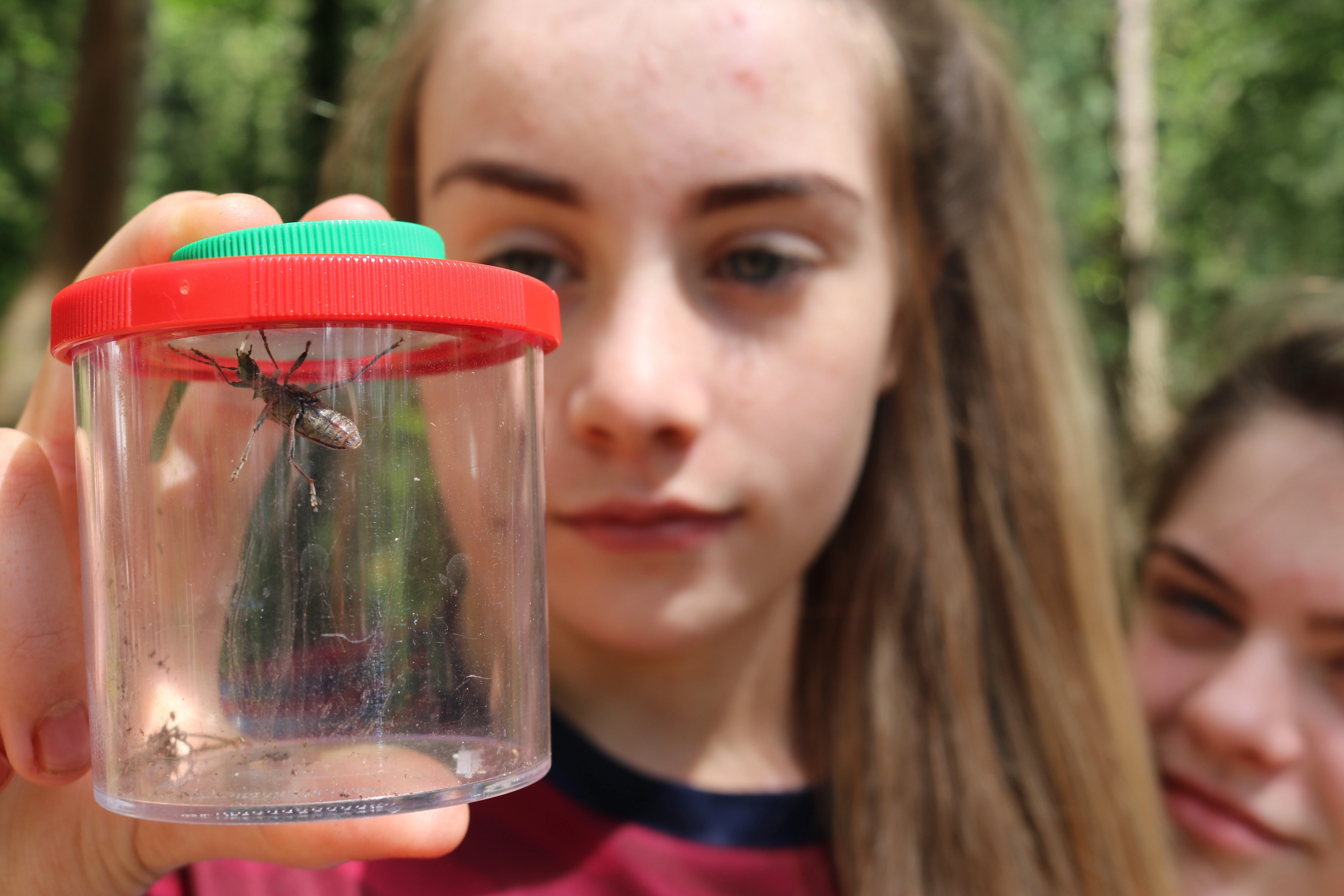
Partner Article
New natural history GCSE is a ‘major win’ for young people and the environment
UK outdoor education charity the Field Studies Council has hailed the introduction of a new natural history GCSE as a ‘major win’ for young people and the environment but warns that learners of all ages must be given the chance to explore the natural world first hand.
Environmental education specialists at the charity have been heavily involved in the long-running campaign to bring about the new qualification, which has now been officially announced by the Department for Education.
Mark Castle, Chief Executive of the Field Studies Council, said introduction of the new subject represented a landmark moment for the campaign and the future of environmental education in schools.
“The launch of the new natural history GCSE is a major win for young people and the environment, and we are delighted to have played our part alongside many individuals, environmental organisations and leading exam board OCR in making it happen,” he said.
“This new qualification will give older secondary school learners the opportunity to study the natural world in greater depth and help them to develop the passion and skills they need to care for and protect the environment now and in the future.
“The subject will have much broader input from science, humanities and the arts and will therefore engage young people in the natural world in many different ways.
“It will meet demand demonstrated by young people themselves who have a desire to understand the environment in which they live. It will also be an important qualification for those students wanting to work in the environmental sector and play their part in helping to combat biodiversity loss and limit the impact of climate change — it really does mark an extraordinary moment in the development of the GCSE curriculum.
“However, while this is great news for older students, we must ensure that learners of all ages and not just those who study a natural history GCSE have opportunities to explore the natural world first hand and are given the chance to connect with nature and experience high quality outdoor learning as a core part of their time at school.
“We must encourage children to be curious and passionate about the natural world from a young age so that they can make informed choices about how they protect it as they grow and develop and as a charity, we will continue to campaign for this.”
Each year the Field Studies Council welcomes in the region of 150,000 learners to its network of residential field studies centres, many of which are in some of the UK’s most stunning and diverse natural environments.
It has been teaching environmental education for nearly 80 years and runs a range of specialist courses in geography, biology and ecology-related subjects as well as a host of creative art and leisure courses, giving people of all ages access to its centres, outdoor spaces and skilled tutors.
Its education team will now work in partnership with the teaching profession and exam boards to create a range of courses and resources to support those who decide to study and teach the new subject when it becomes available in 2025.
This was posted in Bdaily's Members' News section by Melanie Boulter .
Enjoy the read? Get Bdaily delivered.
Sign up to receive our popular morning National email for free.








 Raising the bar to boost North East growth
Raising the bar to boost North East growth
 Navigating the messy middle of business growth
Navigating the messy middle of business growth
 We must make it easier to hire young people
We must make it easier to hire young people
 Why community-based care is key to NHS' future
Why community-based care is key to NHS' future
 Culture, confidence and creativity in the North East
Culture, confidence and creativity in the North East
 Putting in the groundwork to boost skills
Putting in the groundwork to boost skills
 £100,000 milestone drives forward STEM work
£100,000 milestone drives forward STEM work
 Restoring confidence for the economic road ahead
Restoring confidence for the economic road ahead
 Ready to scale? Buy-and-build offers opportunity
Ready to scale? Buy-and-build offers opportunity
 When will our regional economy grow?
When will our regional economy grow?
 Creating a thriving North East construction sector
Creating a thriving North East construction sector
 Why investors are still backing the North East
Why investors are still backing the North East